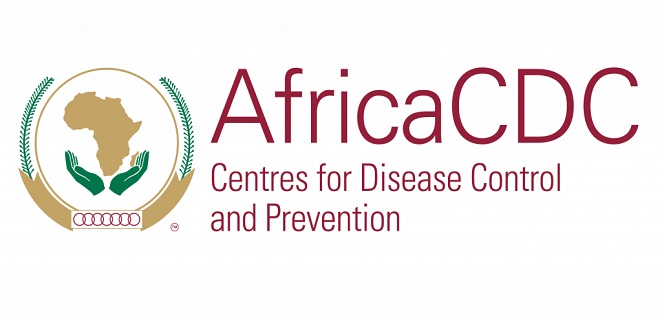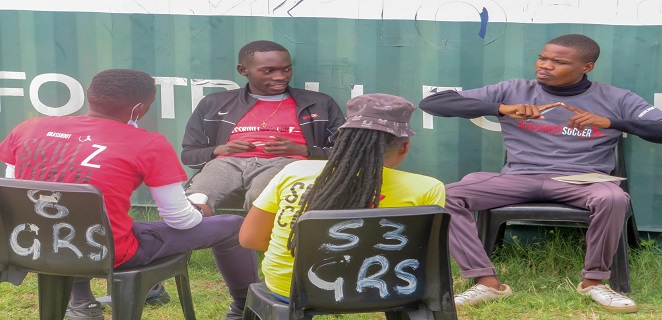By Kudakwashe Pembere
Over 300 Zimbabwean women have received fistula repair surgery since inception in 2009, a United Nations Population Fund (UNFPA Zimbabwe) official said. Addressing media yesterday, UNFPA Zimbabwe Deputy Country Resident Mr Yu Yu said there is one centre offering this surgery.
“In Zimbabwe UNFPA is leading the Campaign to End Obstetric Fistula through a collaborative effort with partners, Women and Health Alliance International (WAHA) and the Ministry of Health and Child Care. This journey began in 2009 with support to the Ministry to conduct an obstetric fistula needs assessment to determine the magnitude of fistula in the country. At the present moment Chinhoyi Provincial Hospital in the Mashonaland West Province of Zimbabwe is the only institution offering fistula repair surgery,” he said while sharing findings of The State of World Population Report 2017.
Five supplementary camps have been up in the country with 300 women said to have received help from them.
“To date a total of five fistula repair camps have been conducted and over 300 women have benefitted from these fistula repair camps. In addition, a total of 12 doctors and 46 nurses have been trained in the pre and post- operative management of obstetric fistula through a mentorship programme led by our partner WAHA,” said Mr Yu.
Explaining the impact of inequality on the reproductive rights of women and girls Mr Yu said obstetric fistula, a wound that leaves a hole in the birth canal, is caused by prolonged, obstructed labour.
“It has been virtually eliminated in the world’s wealthier countries and in better-off communities within developing countries. Fistula is preventable and treatable, but persists due to weak health systems, poverty, gender inequality, and early marriage and childbearing. A fistula is a tragic manifestation of our failure to protect the reproductive rights of the poorest, most excluded women and girls,” added Mr Yu.
In Zimbabwe UNFPA is supporting the Government of Zimbabwe to ensure access to family planning for women by ensuring a steady and reliable supply of quality contraceptives. UNFPA has provided family planning commodities worth over US$10 million in the last 4 years.
“We also know that many emergencies and humanitarian crises are fuelled by inequalities. And inequalities and the vulnerabilities engendered by them are magnified in times of crisis. UNFPA Zimbabwe has worked to restore the dignity of women and girls in flood affected districts of Zimbabwe through distribution of hygiene kits.
“Economic inequality divides countries into haves and have-nots. Inequalities in reproductive health and rights and gender inequality divide people into cans and cannots. A woman or adolescent girl who cannot enjoy her reproductive rights is one who cannot stay healthy, cannot complete her education, cannot find decent work outside the home and cannot chart her own economic future.
“Inequality in reproductive health and rights disenfranchises untold millions of women. It also bolsters social and economic systems that enable a privileged few to rise to the top and stay there. This inequality also drags the vast majority to the bottom, robbing individuals of their rights and denying whole nations the foundations for development,” said Mr Yu.




